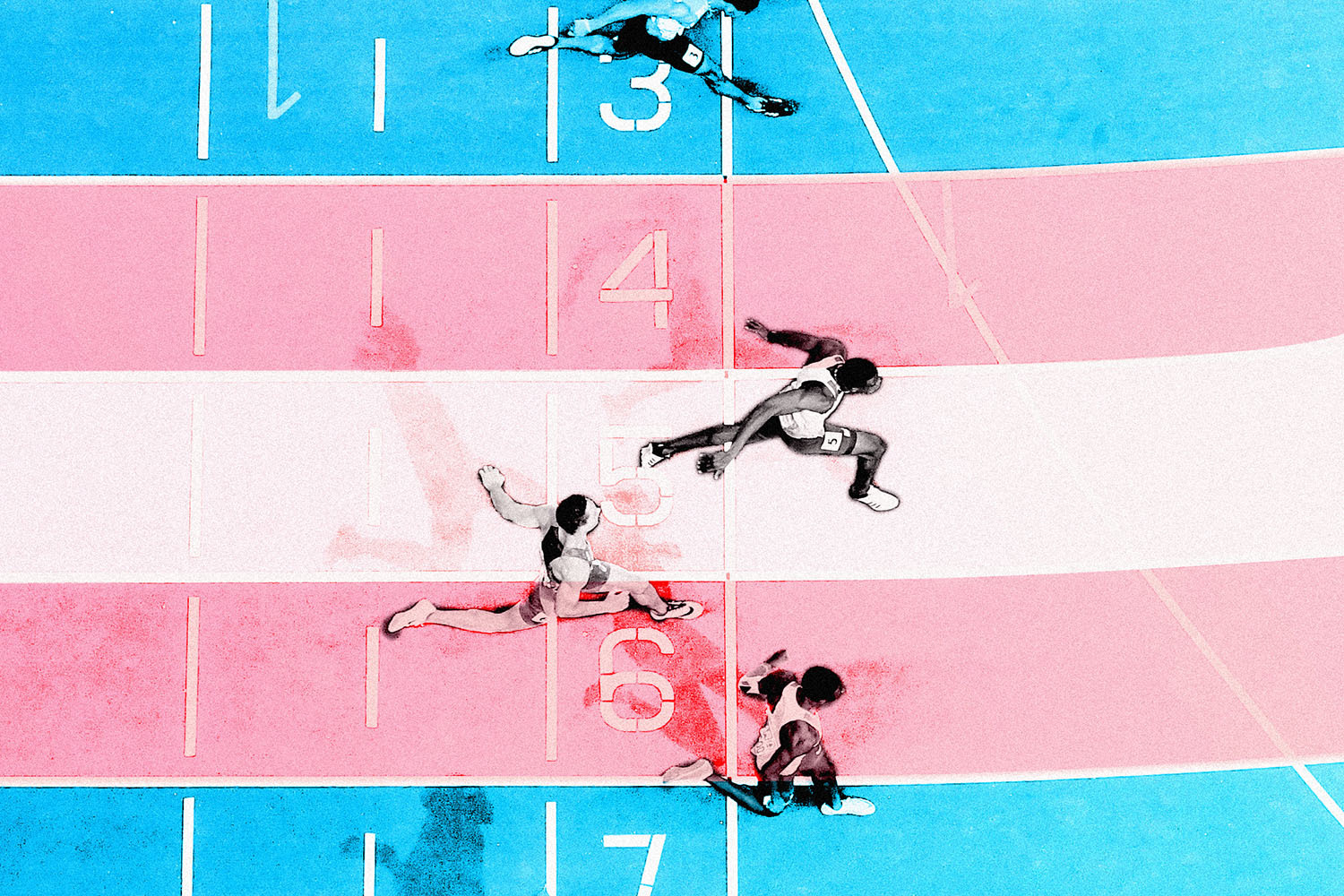Historically, men have long been prioritized in the realm of higher education. Many American colleges and universities started out as male-only institutions. In the recent past, many Ivy League schools didn’t officially start admitting women until the ‘60s and ‘70s. So what are academic institutions supposed to do when men are no longer interested in their services?
That’s the question posed by the Wall Street Journal in a new feature that looks at the most consequential college predicament you may not have heard about: that men are rapidly falling behind women in applications, enrollment and earning degrees. There are a number of worrying statistics, including the fact that at the close of last school year 59.5% of college students were women (a record high) and only 40.5% were men, but considering the gender gap doesn’t appear to be slowing anytime soon, it may be a forward-looking figure that is the most shocking.
“In the next few years, two women will earn a college degree for every man, if the trend continues, said Douglas Shapiro, executive director of the research center at the National Student Clearinghouse,” the Wall Street Journal writes.
The story delves into the most obvious question: is this really such a big deal? After all, if men were prioritized in the past, isn’t it only fair that women take the lead for now? According to experts, it’s not as simple as a seesaw.
“If you care about our society, one, and, two, if you care about women, you have to care about the boys, too,” Jennifer Delahunty, a college enrollment consultant who previously worked at Kenyon College and Lewis & Clark College, told the paper. “If you have equally educated numbers of men and women that just makes a better society, and it makes it better for women.”
To solve the problem, it first needs to be understood, but it’s been a tough one to crack. As the Journal points out, the gender gap has been “slowly widening for 40 years,” and carries across just about all barriers, from two- to four-year schools, as well as racial, geographical and economic boundaries.
Education experts and the young men skipping the college experience themselves offer a variety of explanations. There’s the belief that college degrees aren’t worth the financial burden, which often includes significant student loans. There’s the “lack of guidance” and “a strain of anti-intellectualism,”according to Ed Grocholski, a senior vice president at Junior Achievement USA. And then there are reasons cited by social science researchers: “… distractions and obstacles to education that weigh more on boys and young men, including videogames, pornography, increased fatherlessness and cases of overdiagnosis of boyhood restlessness and related medications.”
In other words, there is no one problem or one solution. But those trying to slow the exodus are reportedly having trouble getting started, since there isn’t much of an appetite for publicly helping a group that has historically been favored, and continues to see outsized rewards in the post-college landscape, from pay to high-level positions.
Thanks for reading InsideHook. Sign up for our daily newsletter and be in the know.

















